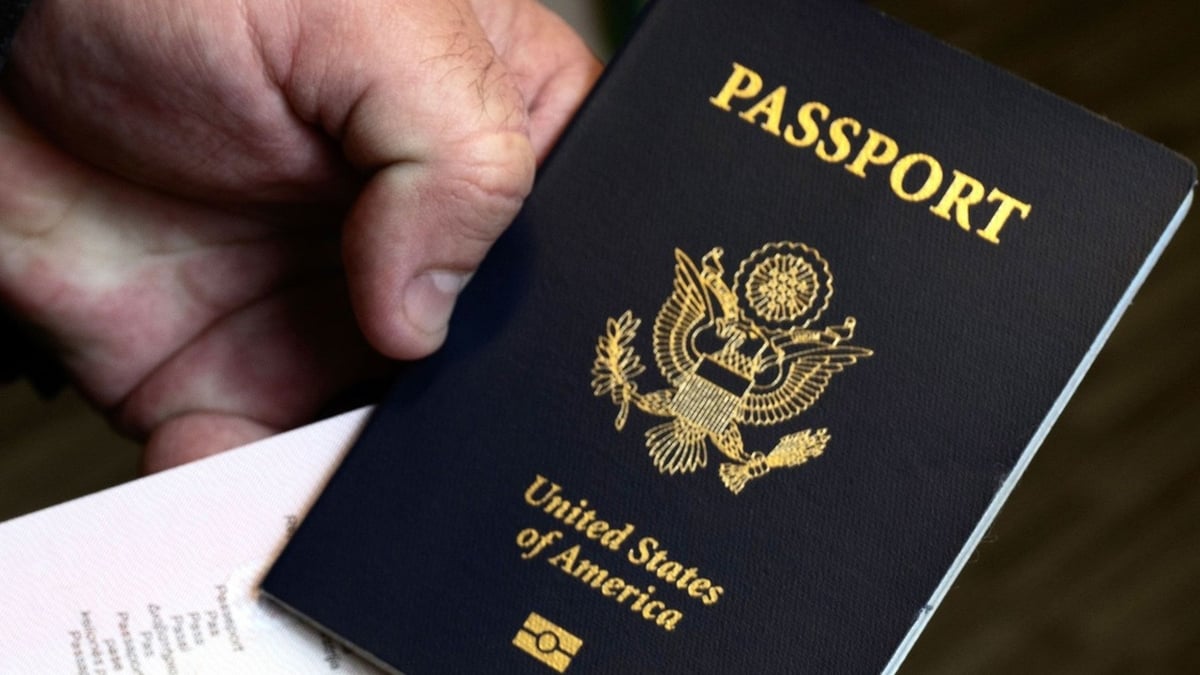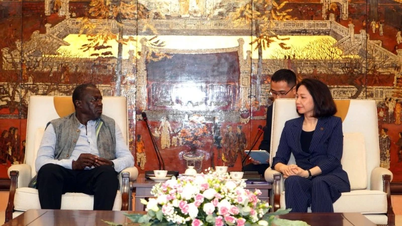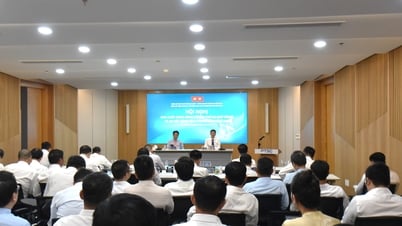In the draft Law on Personal Income Tax (replacement) that is being consulted, the Ministry of Finance proposes to amend regulations on taxable income and tax calculation for capital and securities transfer activities.
This agency proposed that resident individuals transferring capital will be subject to a tax rate of 20% on taxable income for each transfer. This taxable income is determined by the selling price minus the purchase price and reasonable expenses related to generating income from capital transfer.
In case the purchase price and costs related to the capital transfer cannot be determined, personal income tax is calculated by multiplying the selling price by the tax rate of 2%.
For securities transfer activities of resident individuals, the Ministry of Finance proposes to determine by multiplying taxable income by the tax rate of 20%. Taxable income for transfer is determined by the selling price minus the purchase price and reasonable expenses related to generating income from securities transfer in the annual tax period.
In case the purchase price and costs related to the transfer of securities cannot be determined, personal income tax is calculated at 0.1% of the selling price for each transfer.

The Ministry of Finance proposes to impose a 20% tax on profits from securities sales during the annual tax period. Photo: Hoang Ha
In fact, the Personal Income Tax Law No. 04/2007, effective from January 1, 2009, stipulates two methods of tax collection for securities transfers. Specifically, according to the tax rate of 20% on annual income, if the cost price and related expenses cannot be determined and there are supporting documents, a tax of 0.1% on the selling price each time is paid, and there is no need to finalize the tax at the end of the tax year.
In case of applying the tax rate of 20% calculated annually, each time of transfer, the individual will temporarily pay 0.1% of the selling price. At the end of the year, when settling taxes, the temporarily paid tax will be deducted from the arising tax liability. At the end of the year, if the individual transferring securities requests tax settlement at the tax rate of 20% on income and has full documents proving the cost price and expenses, he/she will make a direct tax settlement declaration with the tax authority.
Law No. 71/2014 stipulates a unified method of calculating personal income tax on securities transfers at a tax rate of 0.1% on the transfer price each time.
During the implementation process, there were opinions that tax collection, even in cases of losses, was not appropriate. It was necessary to determine the method of tax collection on individual income, and only pay taxes if there was profit.
The Ministry of Finance believes that the amendment to the tax calculation for securities transfers comes from recent implementation practices, trends and experiences of other countries.
According to this agency, most countries collect taxes on income from capital and securities transfers, but the methods and methods are very different. Some countries collect taxes based on a percentage of the transfer price, others collect taxes based on income, or apply different tax policies between listed and unlisted securities.
For example, Indonesia imposes a withholding tax of 0.1% on the proceeds from the transfer of listed shares on the stock exchange. The Philippines imposes a tax of 0.6% on the transaction value. Japan imposes a flat rate of 20.3% on income from the sale of certain securities such as stocks, bonds and warrants.
China imposes a 20% tax on income from the transfer of unlisted securities. In Thailand, all types of capital gains are taxed as ordinary income, except for some types such as capital gains from the sale of shares of a listed company, income from the sale of bonds and treasury bills.
Source: https://vtcnews.vn/bo-tai-chinh-de-xuat-ap-thue-20-tren-lai-chuyen-nhuong-chung-khoan-cua-ca-nhan-ar955679.html



































































































Comment (0)